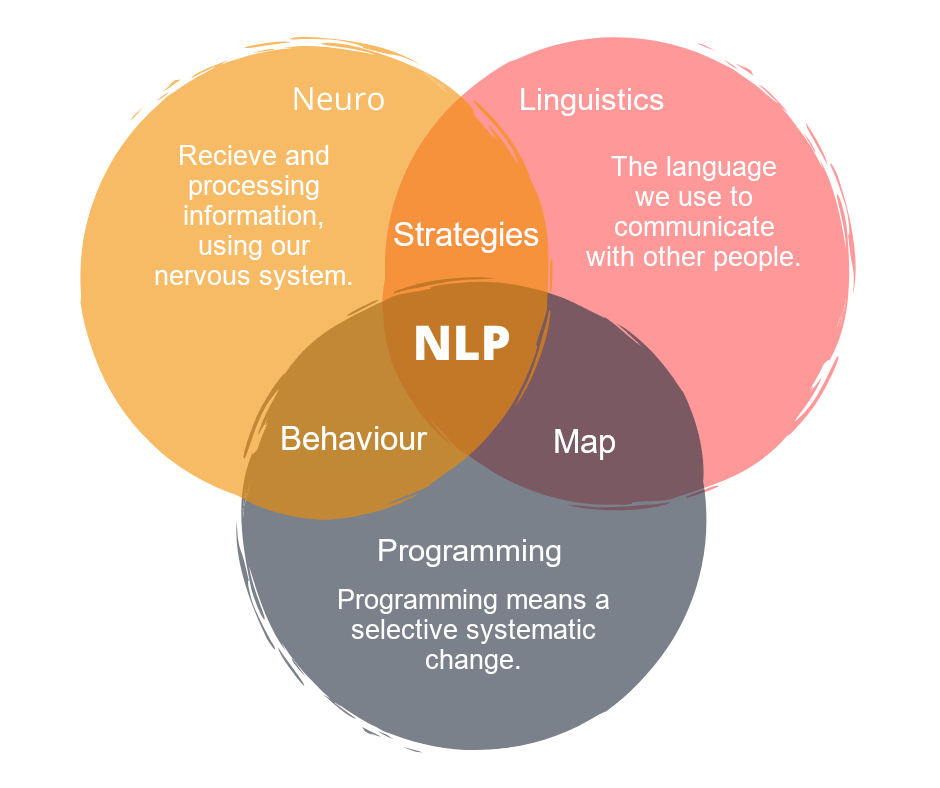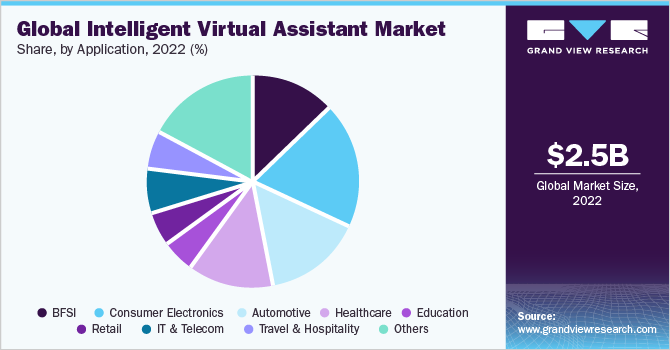The Future of Chatbots: AI-Powered Conversations Reshaping Businesses
In today’s digital era, customer engagement is key, and AI-powered chatbots are revolutionizing how businesses connect with customers. From customer service to marketing, chatbots offer real-time, seamless interactions while cutting costs. The future of chatbots promises even greater innovation. This article explores the latest technological advancements, future trends, and how partnering with a software development company can help businesses stay competitive.
1. Advancements in Natural Language Processing (NLP)
At the heart of AI-powered chatbots is Natural Language Processing (NLP), a branch of artificial intelligence that enables machines to understand and process human language. Over the last few years, NLP has seen significant advancements, allowing chatbots to handle more sophisticated tasks, understand complex queries, and engage in longer, more meaningful conversations.
a. Low-Code, No-Code Platforms
One of the most groundbreaking trends in chatbot development is the rise of low-code and no-code platforms. These platforms allow businesses to build sophisticated AI chatbots for business without requiring extensive coding knowledge. According to a report by Forrester, nearly 75% of businesses that implemented low-code platforms reported increased agility and faster application deployment. Low-code platforms significantly reduce development time and cost, making chatbot integration more accessible to companies of all sizes. These platforms have become a key tool for custom AI development companies that aim to quickly deliver high-quality, personalized chatbot solutions.

Image source: csharp
b. Rise of GPT-3 and Other Transformers
Another key development in NLP is the introduction of models like GPT-3, a language model developed by OpenAI. GPT-3 has garnered significant attention due to its ability to generate human-like text and comprehend nuanced language. In fact, GPT-3 has a staggering 175 billion parameters, making it one of the most powerful AI models available. It can generate text, translate languages, and answer questions—all with remarkable accuracy. For chatbot development, GPT-3 has enabled the creation of highly sophisticated AI chatbots for business that can engage in fluid, natural conversations with users. In 2025, we can expect even more advanced versions of transformer models like GPT-3, driving AI-powered conversations to new heights.
c. NLP to Monitor Social Media and Fake News
NLP is also playing a critical role in helping businesses monitor social media channels and detect fake news. In fact, 62% of marketing leaders are using AI tools to analyze customer sentiment on social media, which enables them to respond quickly to brand mentions and detect potential PR crises. As misinformation continues to spread across platforms, businesses are relying on AI chatbots to help filter out fake news, provide accurate information, and maintain customer trust. This use of NLP will become more sophisticated in the coming years, as chatbots learn to distinguish between authentic and misleading content, offering real-time support and credibility.

Image source: landsiedel
d. Supervised and Unsupervised Machine Learning
Machine learning (ML) techniques are central to chatbot development, as they allow bots to learn from data and improve over time. Supervised machine learning relies on labeled data to train chatbots, while unsupervised machine learning enables chatbots to discover patterns and insights autonomously.
As these techniques improve, AI chatbots will continue to become more accurate, efficient, and capable of handling complex user queries, leading to enhanced customer service experiences.
Have a Project Idea in Mind?
Get in touch with Savvycom’s experts for a free consultation. We’ll help you decide on next steps, explain how the development process is organized, and provide you with a free project estimate.
2. Advancements in Voice Assistants
Voice assistants are becoming increasingly popular in both consumer and business settings. Virtual assistants like Amazon’s Alexa, Apple’s Siri, and Google Assistant have already made a significant impact on daily life, but their integration with AI chatbots for business will further transform customer engagement.
a. Integration with Smart Home Devices
As smart home devices become more widespread, chatbot integration with these devices is growing. With this increase in connected devices, voice-enabled chatbots will become essential for businesses looking to interact with customers through voice commands. By integrating AI chatbots for business into smart home ecosystems, companies can enhance user experiences, enabling customers to interact with their products and services seamlessly.
b. Advancements in Speech Recognition and Synthesis
One of the key areas where voice assistants are evolving is in speech recognition and synthesis. In 2023, 95% of people reported using voice assistants for tasks like setting reminders, asking questions, and making purchases. As speech recognition becomes more accurate, businesses will be able to offer smoother and more intuitive chatbot integration with voice technology. Furthermore, advancements in speech synthesis will make virtual assistants sound more human-like, improving customer interactions. This will be especially valuable for businesses in customer support, where clear and empathetic communication is essential.
c. Increase in the Popularity of Virtual Assistants
The rise of virtual assistants is one of the most significant trends driving the future of AI chatbots for business. Virtual assistants powered by AI are already being used in a variety of industries, including banking, healthcare, and e-commerce.

Image source: Grand View Research
These assistants are capable of performing a wide range of tasks, from answering customer inquiries to processing transactions. According to Market.us, by 2025, the global virtual assistant market will be worth $27.9 billion, a clear indication of how integral AI-powered chatbots will become for businesses looking to enhance their customer engagement and operational efficiency.
3. Advancements in Conversational AI
Conversational AI, the underlying technology that powers chatbots, is evolving rapidly, enabling businesses to create bots that can hold more complex conversations and provide more personalized interactions.
a. Multi-Turn Conversations
A key limitation of early chatbots was their inability to handle multi-turn conversations, where users engage in ongoing dialogue with the bot. Today, thanks to advancements in conversational AI, chatbots are becoming increasingly capable of handling more extended and context-rich interactions. By utilizing sophisticated algorithms and memory features, these bots can retain context from earlier in the conversation, making interactions more meaningful and personalized.
b. Handling Emotions and Sentiment
Understanding and responding to emotions is one of the biggest breakthroughs in conversational AI. With sentiment analysis capabilities, chatbots can now detect emotions in customer messages and tailor their responses accordingly. For instance, if a user is frustrated, the chatbot might offer an empathetic response, while a happy customer might be greeted with a more upbeat tone. According to a report by Zendesk, 71% of customers believe that AI will make customer experiences more empathetic, which will push AI chatbots for business to become even more emotionally intelligent.
c. Dialogue Management
Dialogue management is a key aspect of conversational AI, as it governs how chatbots structure and manage conversations. With more sophisticated dialogue management techniques, chatbots can now understand user intent, manage context, and ensure that conversations flow smoothly. This is crucial for businesses that want to provide seamless, human-like interactions with their customers. For instance, when a user asks a question, the chatbot needs to understand the context, provide a relevant response, and possibly offer follow-up options based on the user’s needs.
Future Trends for Chatbots in 2025
As we look toward 2025, the future of chatbots seems more exciting than ever. Here are some trends that will shape the future of AI-powered conversations:
a. Conversational AI will Empower Virtual Assistants
In the near future, conversational AI will empower virtual assistants to take on more complex tasks across different industries. Businesses will increasingly rely on AI chatbots for business to provide real-time assistance, handle customer queries, and even process transactions. Virtual assistants will become indispensable tools for businesses aiming to improve productivity and provide exceptional customer experiences.
b. Continued Advancements in Natural Language Processing
As NLP continues to evolve, AI chatbots will become even more advanced in understanding user intent, detecting emotions, and responding naturally to queries. In particular, multilingual chatbots will see a rise as businesses expand their reach globally. English AI chatbots will continue to dominate the market due to English being the primary language of international business, while businesses will increasingly deploy english AI solutions to serve their global customer base more effectively.”
c. Deeper Chatbot Penetration in E-Commerce and Customer Service Space
The future of chatbots will see deeper penetration in both e-commerce and customer service. In fact, a study by Juniper Research predicts that chatbots will help businesses save over $11 billion annually in customer service costs by 2025. From automating customer inquiries to processing payments, chatbots will streamline operations and improve customer experiences across industries.
d. Chatbots for Payments will Evolve
AI-powered chatbots will also play a critical role in streamlining payment processes. With the rise of secure, AI-driven payment systems, chatbots for payments will become increasingly sophisticated, offering a seamless, secure, and user-friendly experience. This will enable businesses to provide faster and more efficient transaction processes, ultimately improving customer satisfaction.
Conclusion
The future of chatbots is undeniably exciting, with AI-powered conversations set to revolutionize how businesses engage with customers. From advancements in NLP and voice assistants to the growing capabilities of conversational AI, chatbots will continue to play a pivotal role in enhancing customer service, improving operational efficiency, and driving business growth. As businesses strive to stay competitive in an increasingly digital world, the adoption of AI chatbots will be essential for providing personalized, efficient, and human-like interactions with customers.
As a leading software development company, Savvycom is at the forefront of chatbot innovation. With extensive experience in custom AI development, Savvycom helps businesses harness the power of AI chatbots to enhance customer engagement and improve operational efficiency. Whether you’re interested in chatbot development, multilingual chatbots, or chatbot integration, Savvycom provides tailored solutions that meet the unique needs of your business. Embrace the future of AI-powered conversations with Savvycom and stay ahead of the competition.
Tech Consulting, End-to-End Product Development, Cloud & DevOps Service! Since 2009, Savvycom has been harnessing digital technologies for the benefit of businesses, mid and large enterprises, and startups across the variety of industries. We can help you to build high-quality software solutions and products as well as deliver a wide range of related professional services.
Savvycom is right where you need. Contact us now for further consultation:
- Phone: +84 24 3202 9222
- Hotline: +1 408 663 8600 (US); +612 8006 1349 (AUS); +84 32 675 2886 (VN)
- Email: [email protected]



